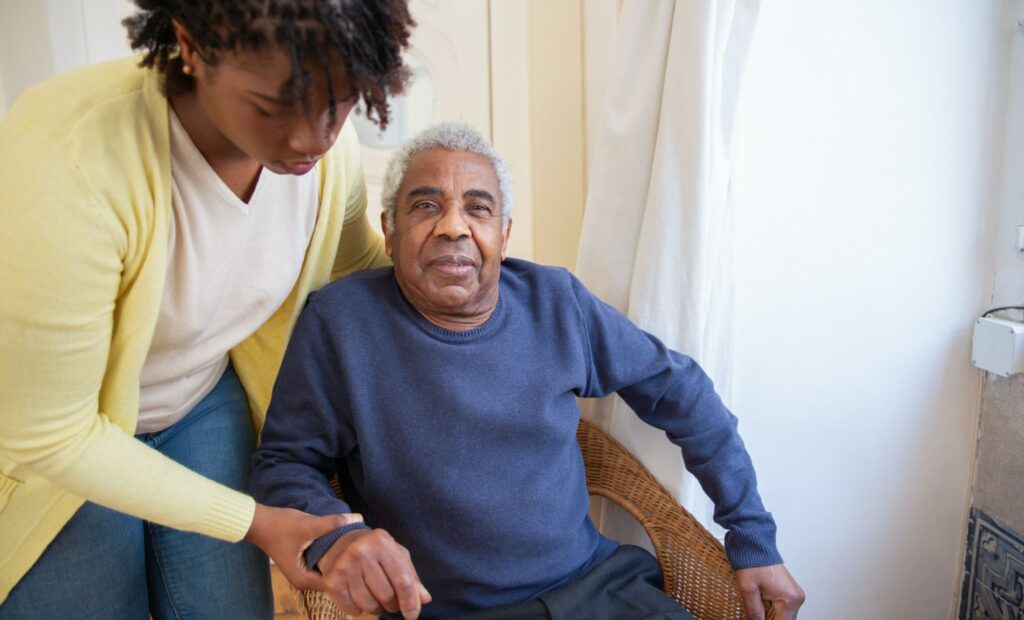Since 2015, HQ has provided a safe space and critical resources to homeless and runaway youth in Grand Rapids, with a vision of ending the cycle of homelessness through early intervention. As 40 percent of homeless adults first experienced homelessness as a youth, early action is critical to preventing long-term homelessness. Youth often find themselves homeless due to unsafe/unstable family situations, aging out of the foster care system, health conditions resulting in unemployment, or a lack of acceptance of their sexual orientation/gender identity. Without anywhere to turn many teens feel isolated and are often reluctant to seek help for fear of future rejection or being returned to negative situations. HQ has built a reputation among these youth as a safe and affirming place for support, offering warm meals, clothing, and hygiene supplies, a place for rest and self-care during the day, basic health services through its on-site nursing station, and connections to community resources.
Homeless teens are an extremely vulnerable population and are often exposed to violence, substance use, and exploitation, leading to complex mental and physical health challenges. Without access to preventative or early interventions, their needs are often left unattended or are met first with attempts at self-care under the advice of other homeless use, making them more complex and critical to treat. This often creates challenges for HQ’s nursing station staff as the needs of some teens are beyond the scope of care that they can provide.
To better meet these complex care needs, HQ and its partners will begin a three-year pilot this summer offering on-site health care navigation services through a $240,000 grant from the Steelcase Foundation. With 3:11 Youth Housing and Health Net of West Michigan, the pilot will serve 400 youth in trusted community spaces like HQ and 3:11 and through care providers who are trauma-informed and LGBTQ affirming with the following expected outcomes:
- Youth will be enrolled in appropriate health insurance coverage, connected to a primary care provider, and/or participate in preventative health services.
- Youth will receive real-time and low barrier access to short-term crisis support to address depression, anxiety, and other mental health concerns; substance use or abuse; and PTSD and trauma-related symptoms.
- Youth will engage in culturally intelligent and holistic mindfulness practices that reduce stigma and increase healthy coping strategies.
- HQ, 3:11, and Health Net executive directors will advocate for county and city leadership to inspire change and create youth-focused system-level improvements to our health care system and build relationships with providers to better coordinate care.
HQ is confident that by addressing the critical medical and mental health challenges facing much homeless youth, they will be better able to cope with the challenges they face, and encounter fewer barriers along their path toward long-term wellbeing. We’re excited to follow this project over the next three years to see the impact it has on young people in our community.
